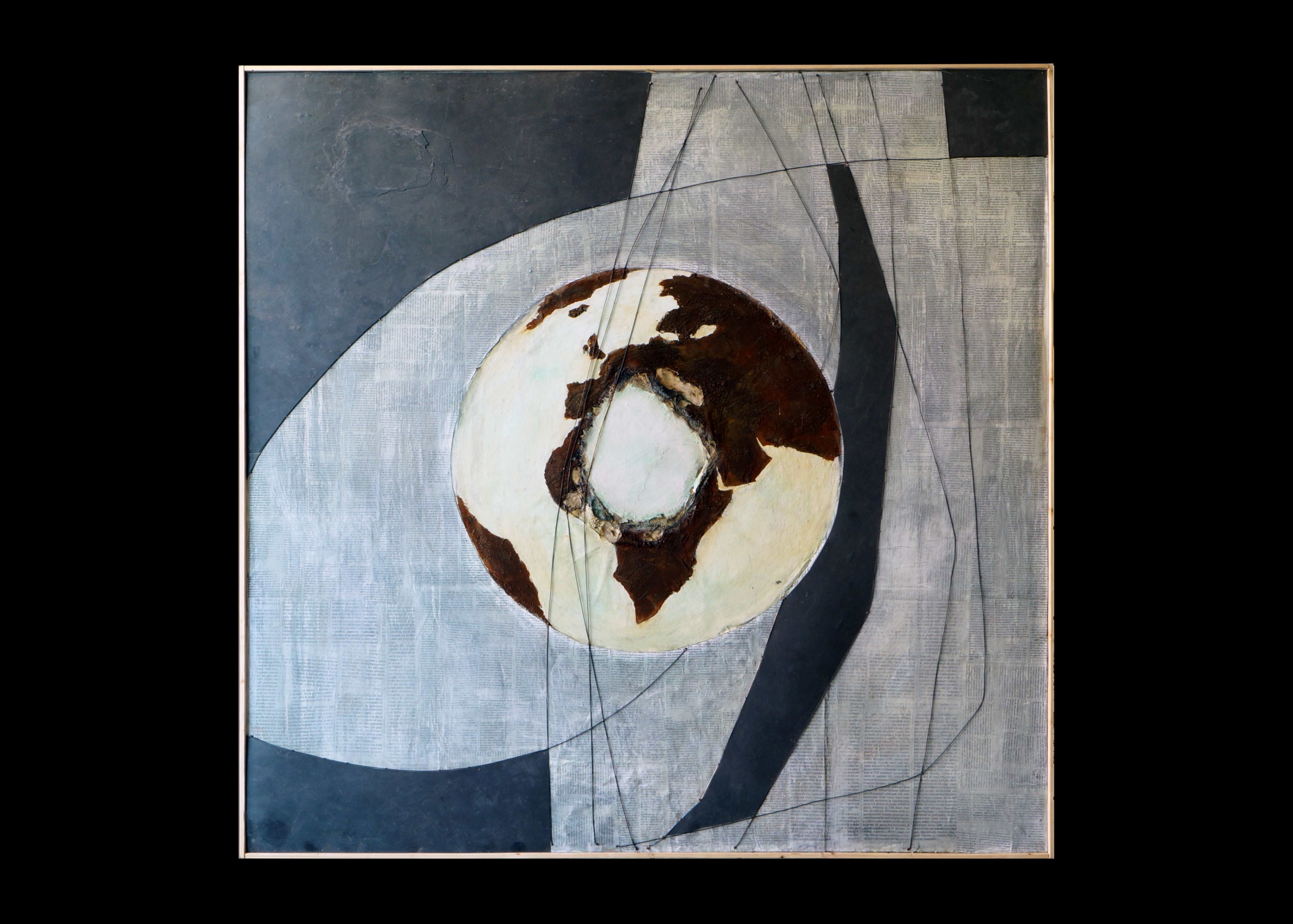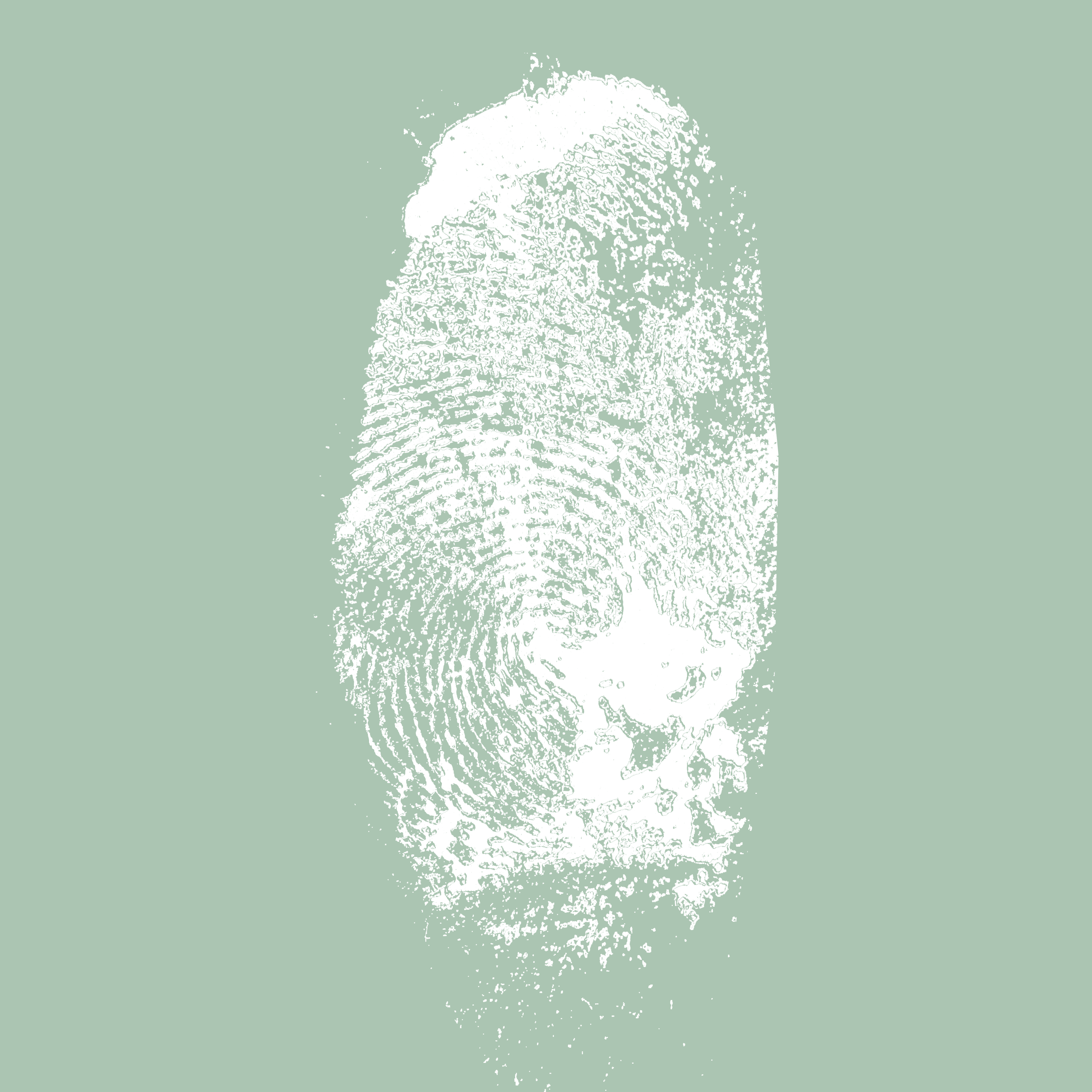GIORNATA DEL CONTEMPORANEO
7 OTTOBRE 2023
LA NARRAZIONE NELL’EPOCA DELL’ANTROPOCENE
Se qualcosa contraddistingue gli esseri umani in quanto specie, questo qualcosa, io credo, è la nostra capacità di fare esperienza del mondo attraverso le storie. Una narrazione è pratica sociale ed educativa che da sempre risponde a molteplici e complesse funzioni: “fare memoria” alla condivisione di esperienze collettive, dall’apprendimento al puro intrattenimento. Una visione che coincide nel considerare “natura” ciò che è esente dalla contaminazione degli esseri umani, i quali abitano in un territorio del tutto diverso, quello della “cultura”.
Tutto ciò che non è umano viene pertanto relegato a un’altra sfera, un’entità che è meglio osservare da una certa distanza. Tale distinzione è stata in un certo senso produttiva per le arti, e soprattutto per la narrativa, le nostre abitudini di lettura si sono formate lì. Romanzi in cui i protagonisti umani sono in lotta con la natura e dall’ altro scenari di incommensurabile potenza proprio per il fatto di essere puri e incontaminati, privi di qualunque traccia umana.
Ma nessuno scrittore contemporaneo può immaginarsi che tali paesaggi esistano ancora, tornare in quei luoghi ci troveremo di fronte a un permafrost in via di scioglimento, popolazione animali in calo, ritiro dei ghiacci, nevicate irregolari, aumento delle temperature e via dicendo. Una volta introdotto queste espressioni stridenti si ha lo stesso effetto di una specie invasiva in un ecosistema incontaminato lacerando inevitabilmente il tessuto poetico della lingua che un tempo permetteva di evocare questi scenari unici.
Nell’era dell’antropocene è diventato impossibile tenere in piedi la finzione di una netta separazione tra ciò che è naturale e ciò che è culturale: le due cose oggi sono indissolubilmente intrecciate. In una situazione simile quale può essere il ruolo di Homo Fictus, un animale che racconta storie in una sorta di gioco stile sandbox? Da narrazioni social asfittiche fatte di crisi matrimoniali e corsa competitiva alla realizzazione personale, dobbiamo (noi abitanti del tardo antropocene, proprio come ne avevano i nostri antenati) immaginare, sconfinare e trovare qualcosa oltre all’assolutismo del paradigma in vigore (sia esso il liberismo, il capitalismo, il consumismo, lo specismo, lo scientismo o qualunque altro tipo di -ismo) affinché non si determini un collasso.
Lascio ad Italo Calvino il modo di dare parola, o qualcosa che vi si avvicini molto, anche al vento, ai fiumi e alle rocce, ovvero a chi e cosa linguaggio umano non ha.
“Qualcuno potrebbe obiettare che più l’opera tende alla moltiplicazione dei possibili, più s’allontana da quell’unicum che è il self di chi scrive, la sincerità interiore, la scoperta della propria verità. Al contrario rispondo, chi siamo noi, chi è ciascuno di noi se non una combinazione di esperienze, di formazione, di letture, di immaginazione? Ma forse la domanda che mi sta più a cuore dare è un’altra: magari fosse possibile un’opera concepita fuori del self, un’opera che ci permettesse di uscire dalla prospettiva limitata d’un io individuale, non solo per entrare in altri io simili al nostro ma per far parlare ciò che non ha parola, l’uccello che si posa sulla grondaia, l’albero in primavera e l’albero in autunno, la pietra il cemento, la plastica…”.
Pietro Panza
GIORNATA DEL CONTEMPORANEO
7 OTTOBRE 2023
THE NARRATION IN THE TIME OF THE ANTHROPOCENE
If something distinguishes humans as a species, this something, I think, is our ability to experience the world through stories. A narrative is a social and educational practice that has always responded to multiple and complex functions: “remember” the sharing of collective experiences, from learning to pure entertainment. A vision that coincides in considering “nature” what is free from the contamination of human beings, who live in a completely different territory, that of “culture”.
Everything that is not human is therefore relegated to another sphere, an entity that is better observed from a certain distance. This distinction was in a sense productive for the arts, and especially for the narrative, our reading habits were formed there. Novels in which the human protagonists are in struggle with nature and on the other side scenarios of immeasurable power precisely for the fact of being pure and uncontaminated, free of any human trace.
But no contemporary writer can imagine that such landscapes still exist, return to those places we will be faced with a permafrost melting, declining animal population, withdrawal of ice, irregular snowfalls, rising temperatures and so on. Once introduced these strident expressions has the same effect of an invasive species in an uncontaminated ecosystem inevitably tearing the poetic fabric of the language that once allowed to evoke these unique scenarios.
In the age of the Antropocene it became impossible to maintain the fiction of a clear separation between what is natural and what is cultural: the two things today are inextricably intertwined. In a similar situation what can be the role of Homo Fictus, an animal that tells stories in a kind of sandbox game? From suffocating social narratives of marriage crises and a competitive race to personal fulfilment, we must (we inhabitants of the late Antropocene, just as our ancestors had) imagine, trespass and find something beyond the absolutism of the paradigm in force (be it liberalism, capitalism, consumerism, speciesism, scientism or any other type of -ism) so that a collapse does not occur.
I leave to Italo Calvino the way to give word, or something that comes very close, even to the wind, to rivers and rocks, or to whom and what human language does not have.
“Some might argue that the more the work tends to the multiplication of the possible, the further away from that uniqueness that is the self of the writer, the inner sincerity, the discovery of his own truth. On the contrary, I answer, who are we, who are each of us if not a combination of experiences, training, readings, imagination? But perhaps the question that is most important to me to give is another: maybe it was possible a work conceived outside the self, a work that would allow us to leave the limited perspective of an individual self, not only to get into other me similar to ours but to make speak what has no word, the bird that rests on the eaves, the tree in spring and the tree in autumn, the stone cement, the plastic…”
Pietro Panza




